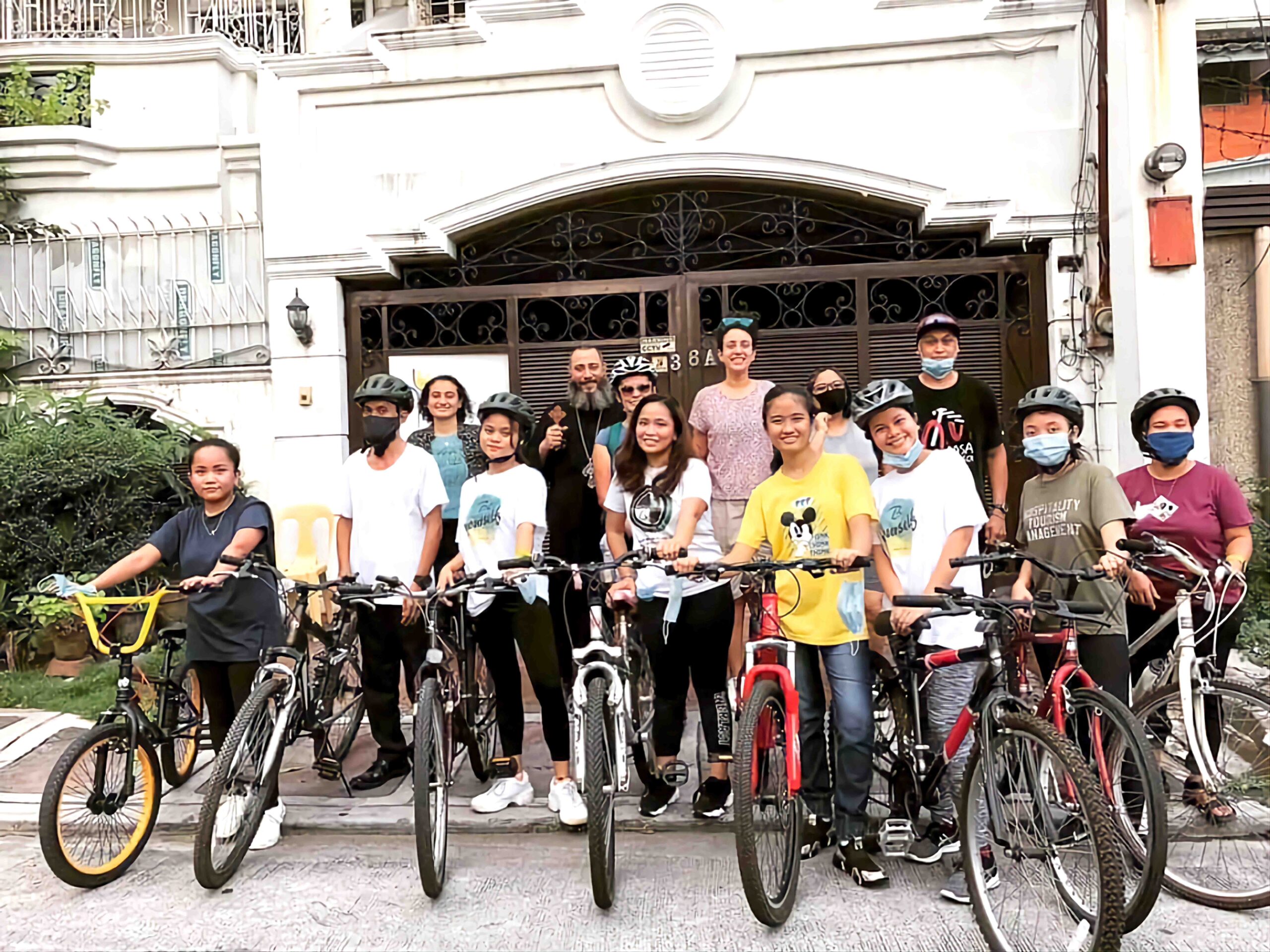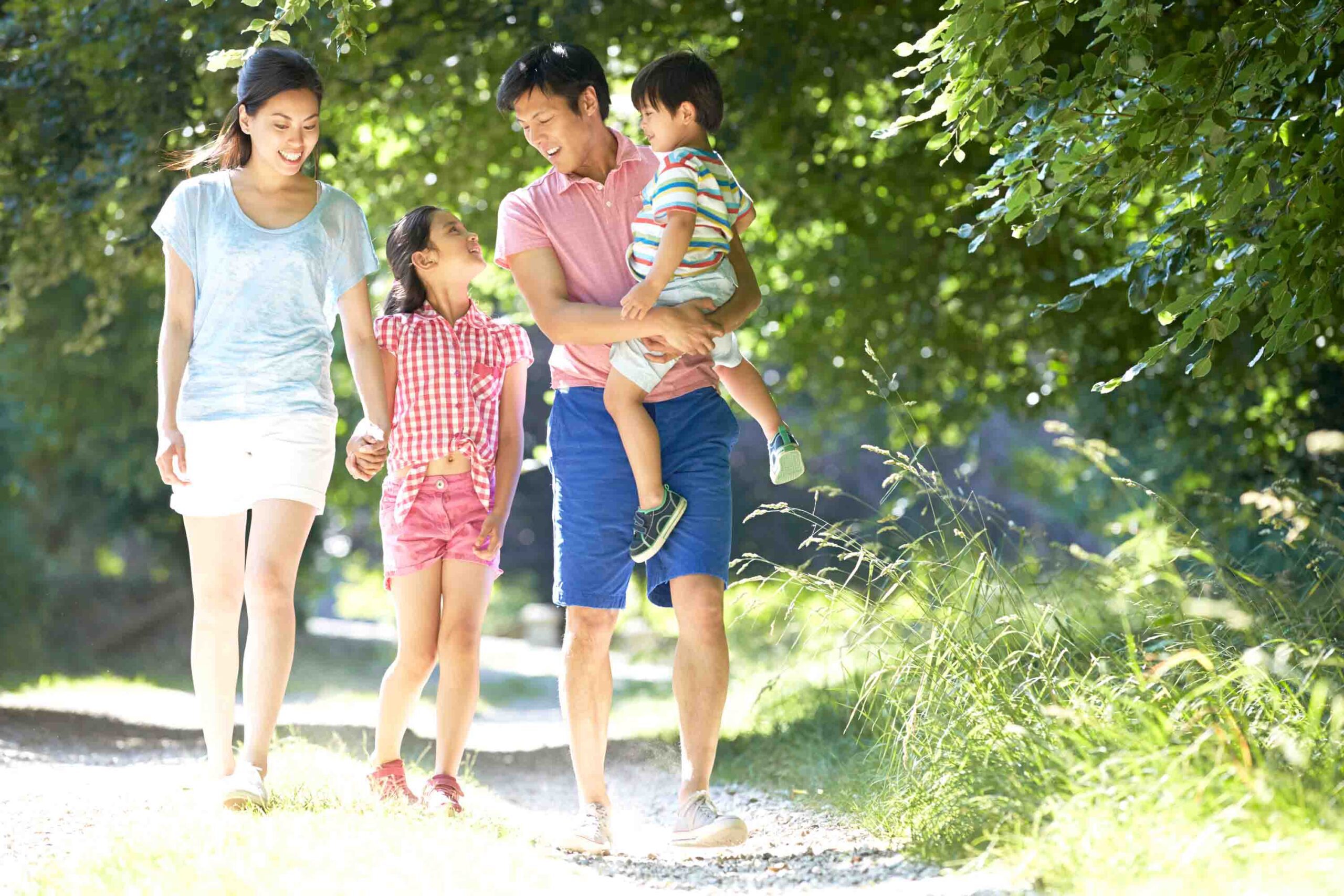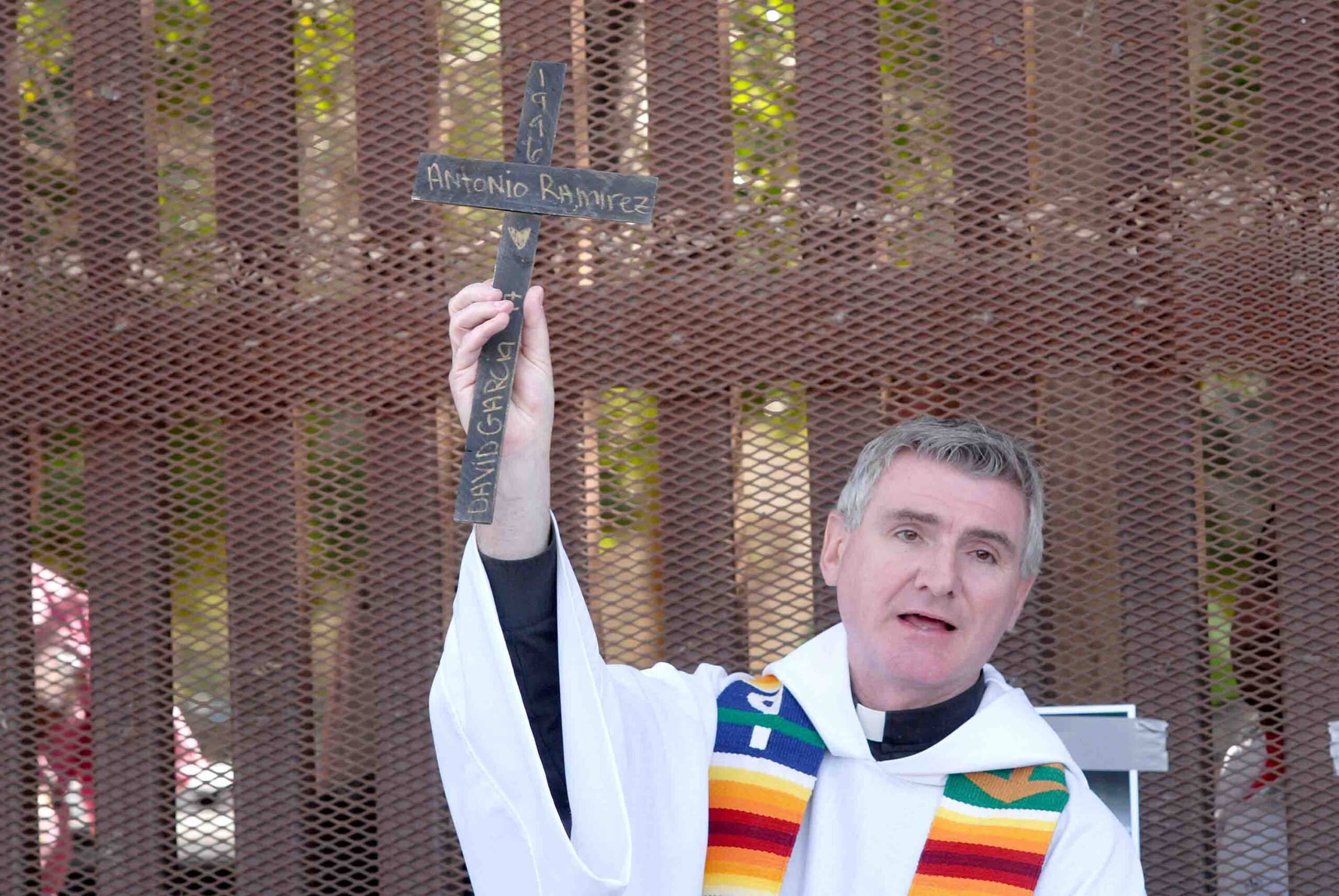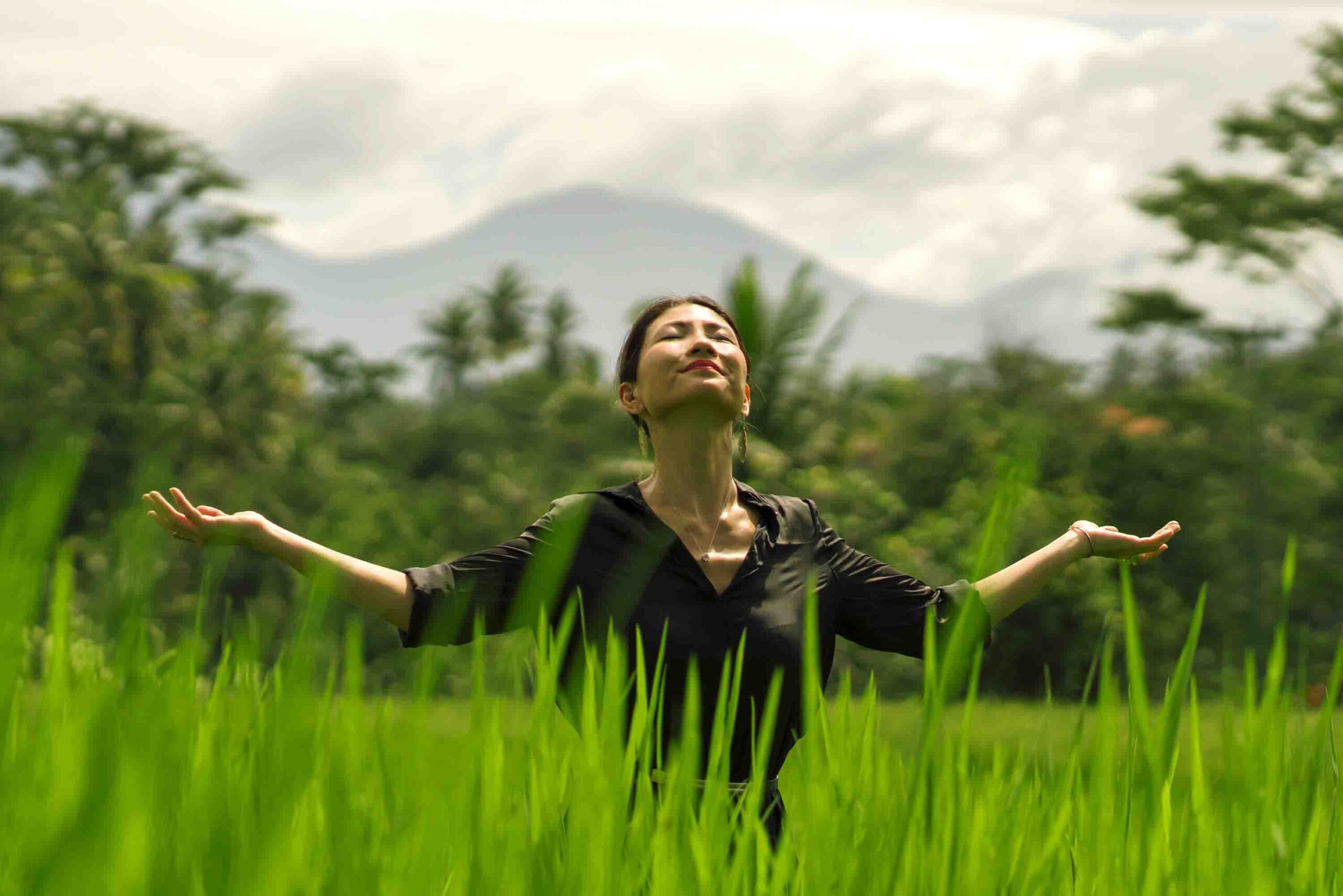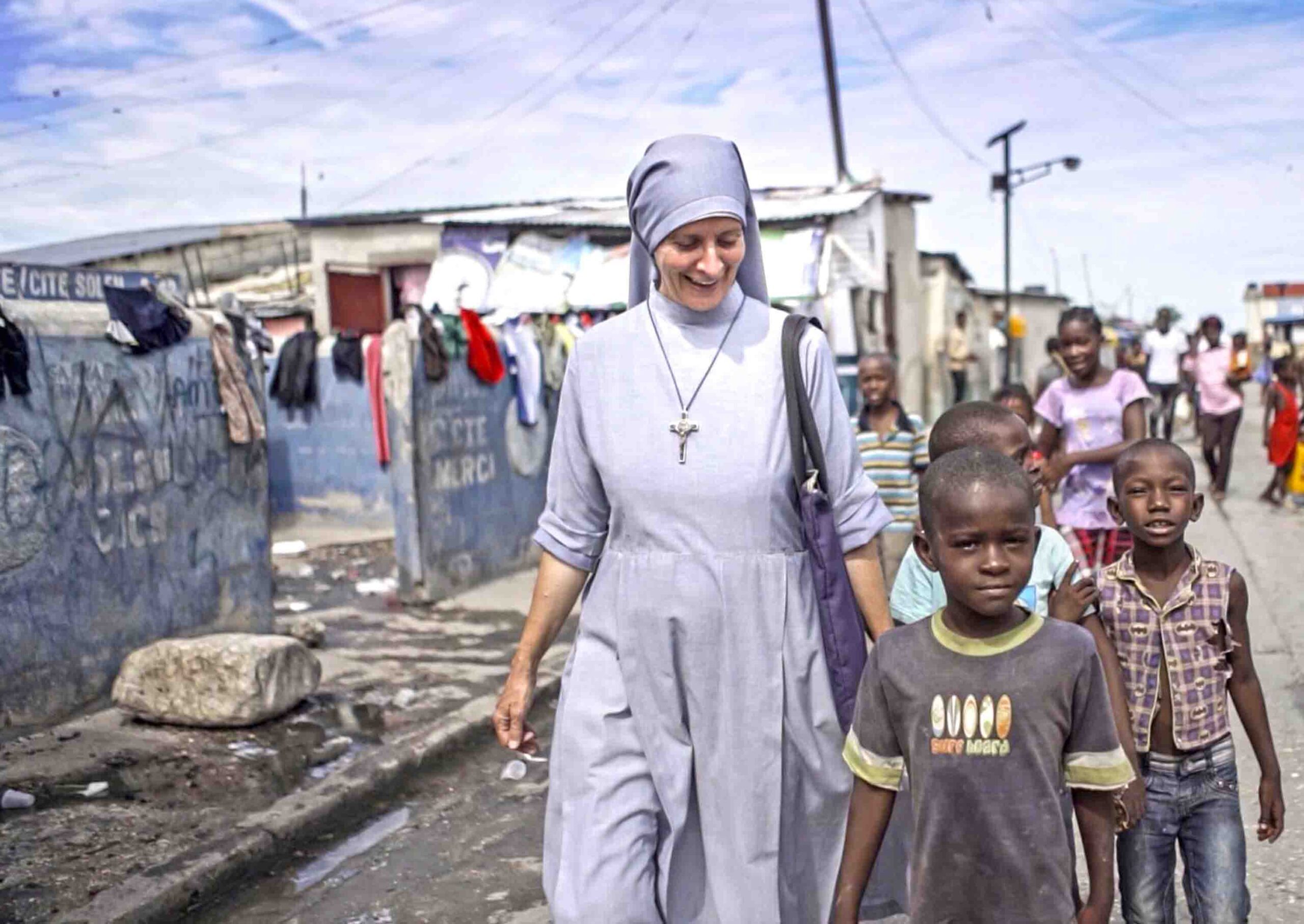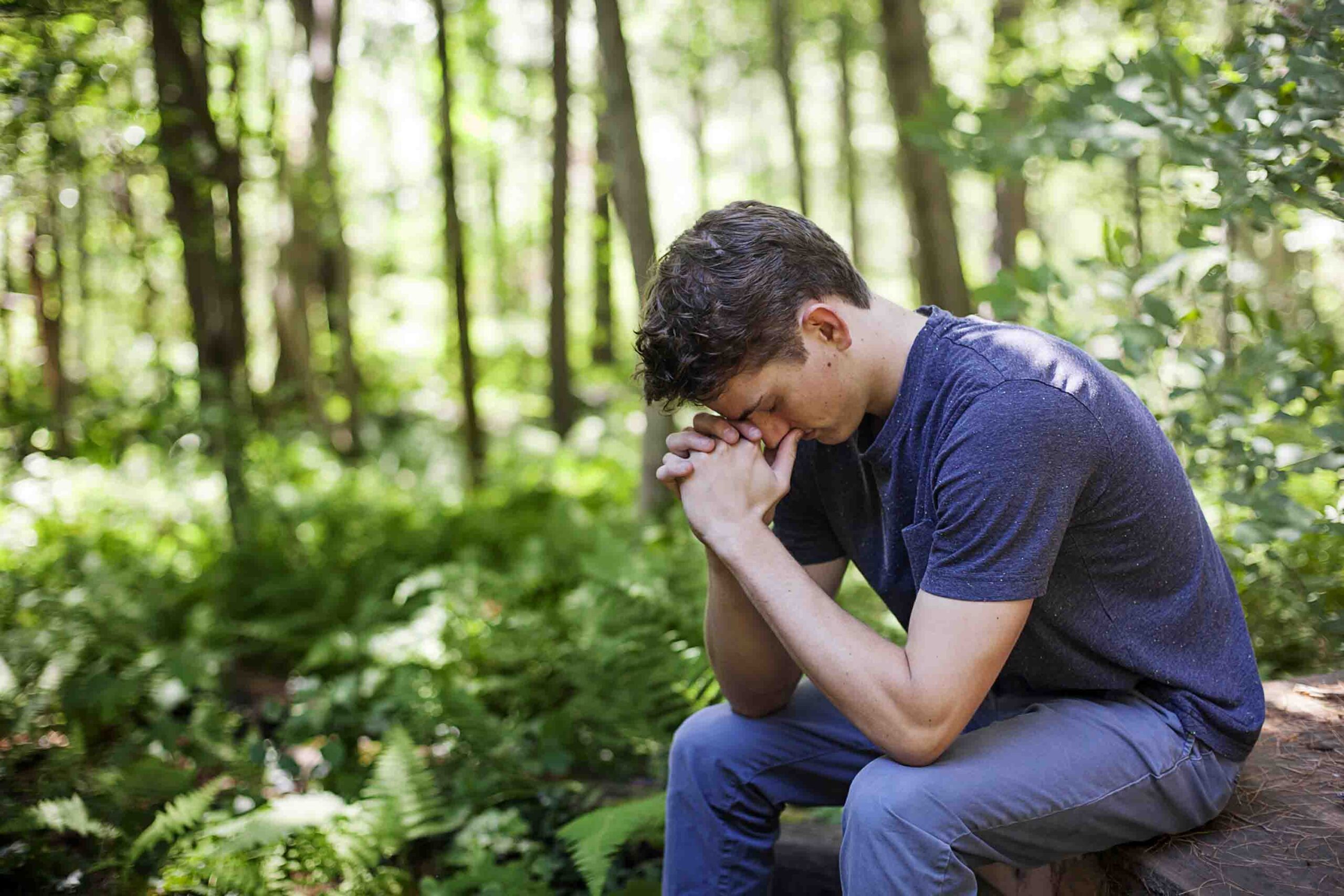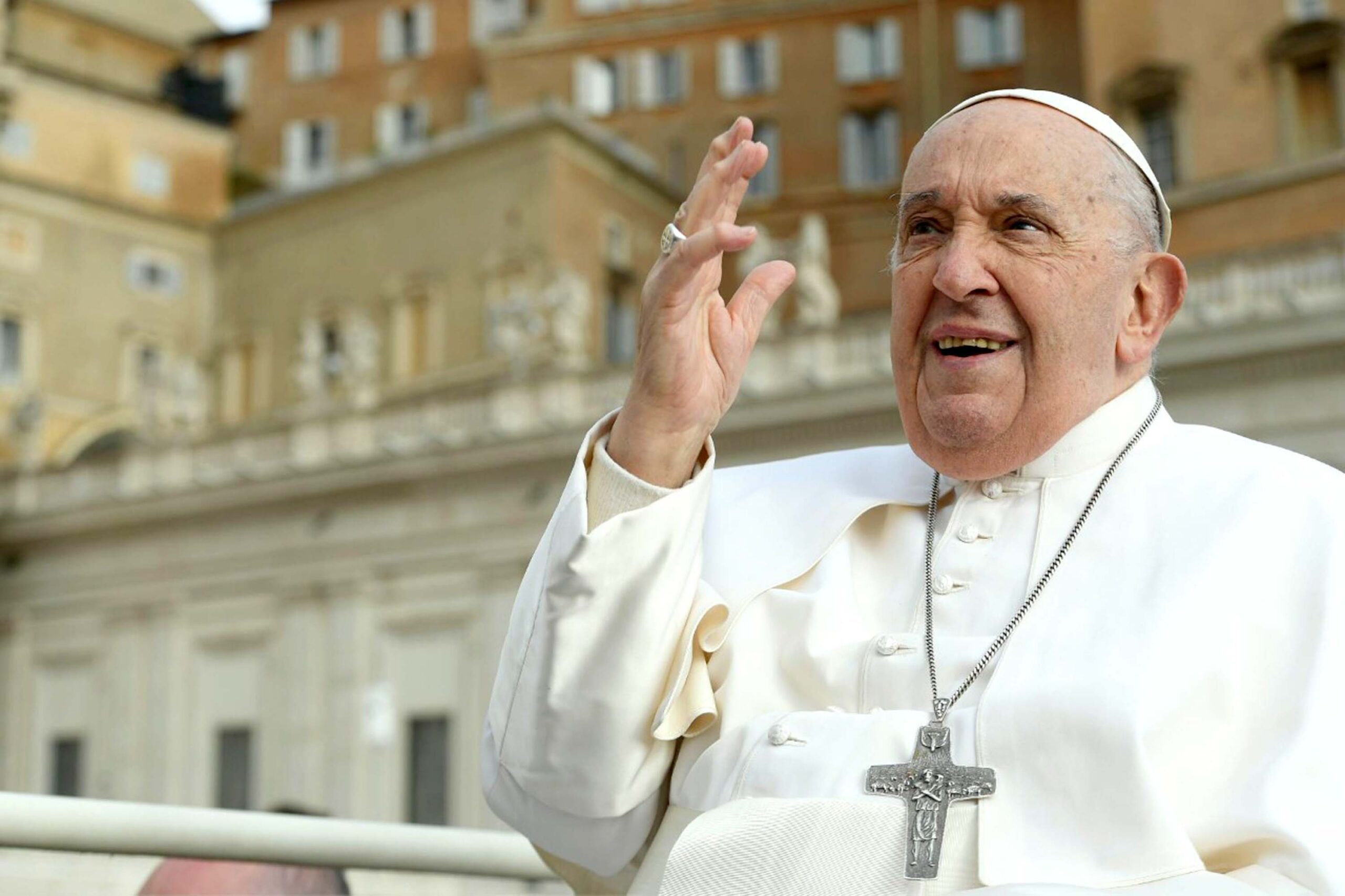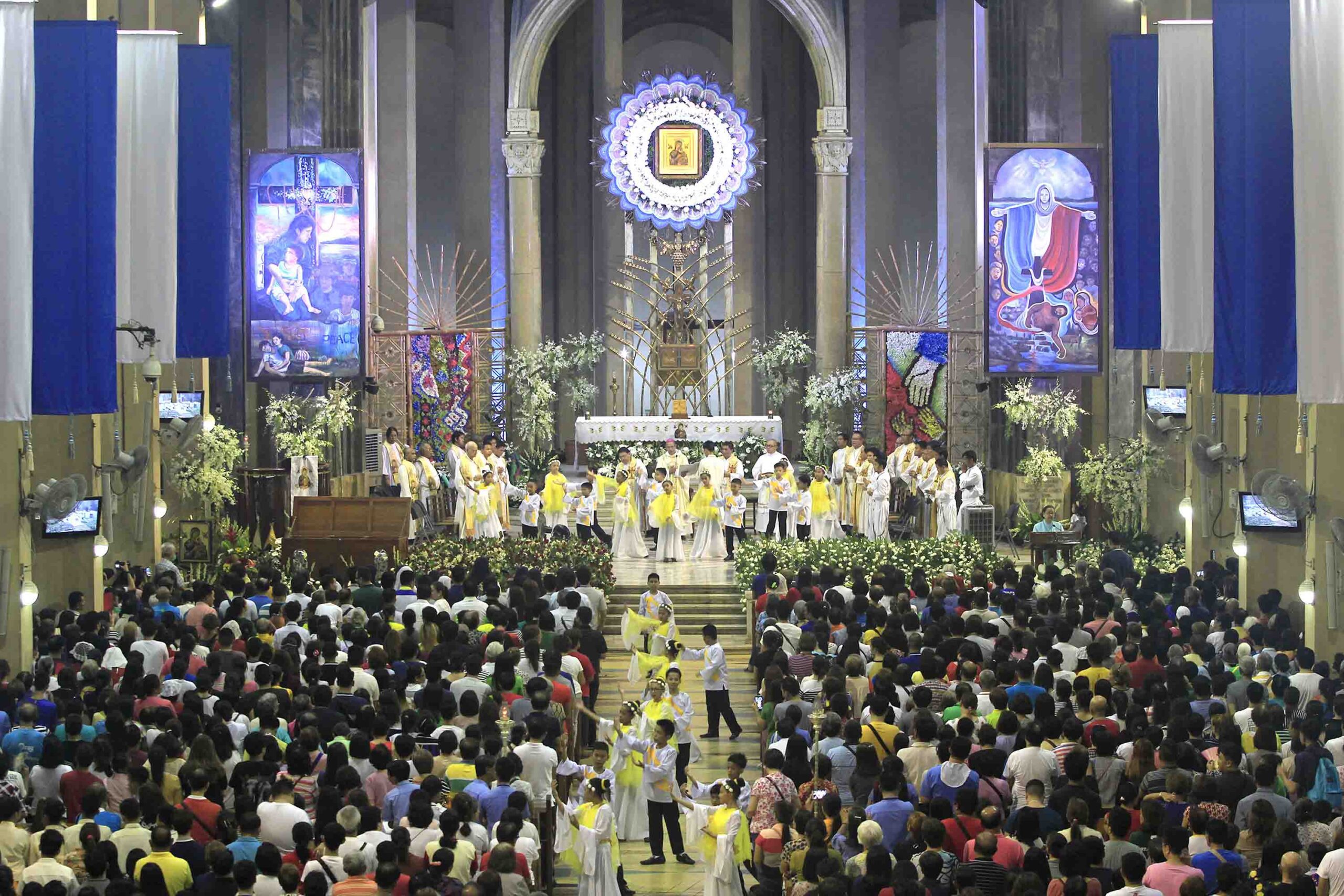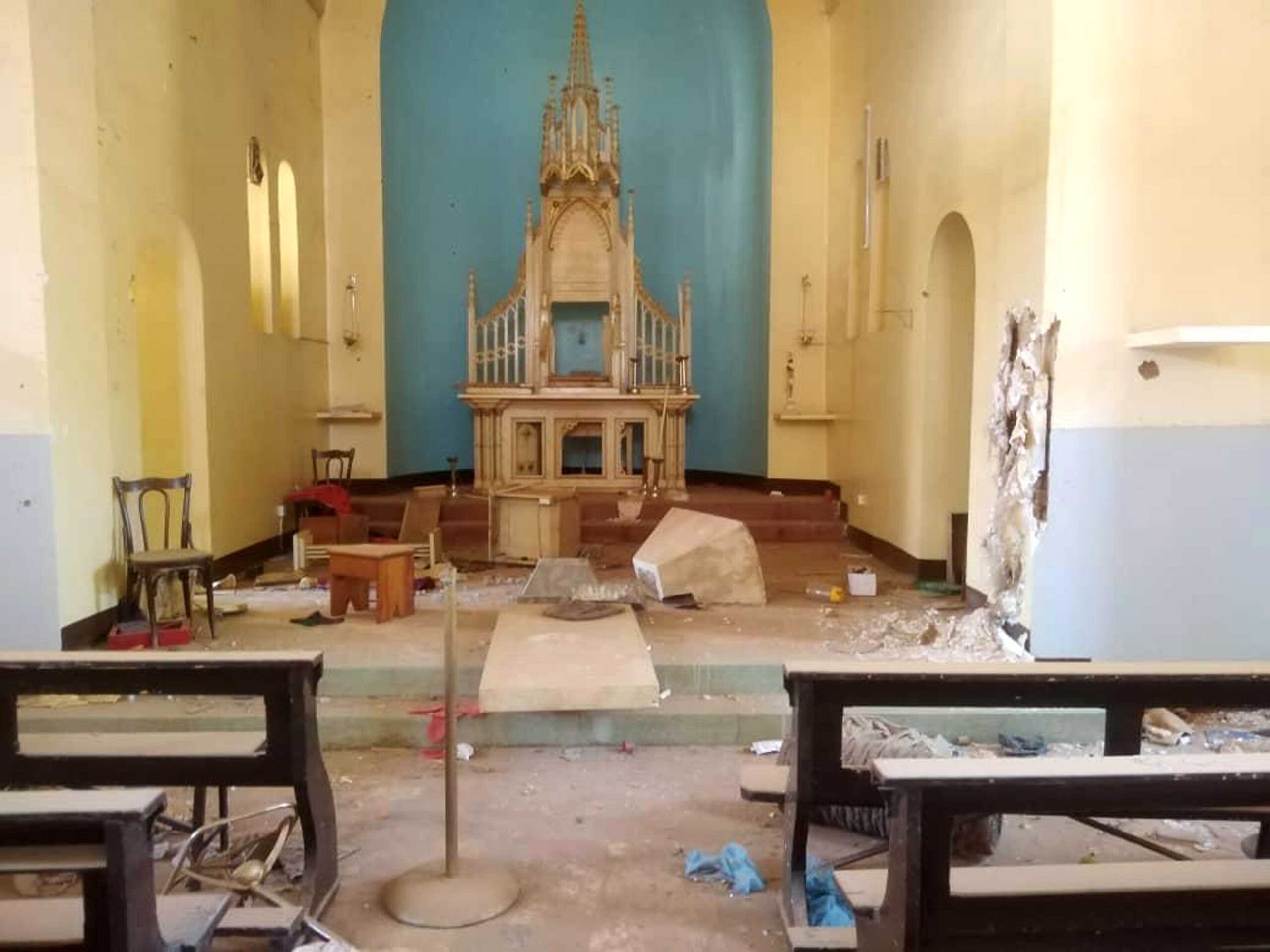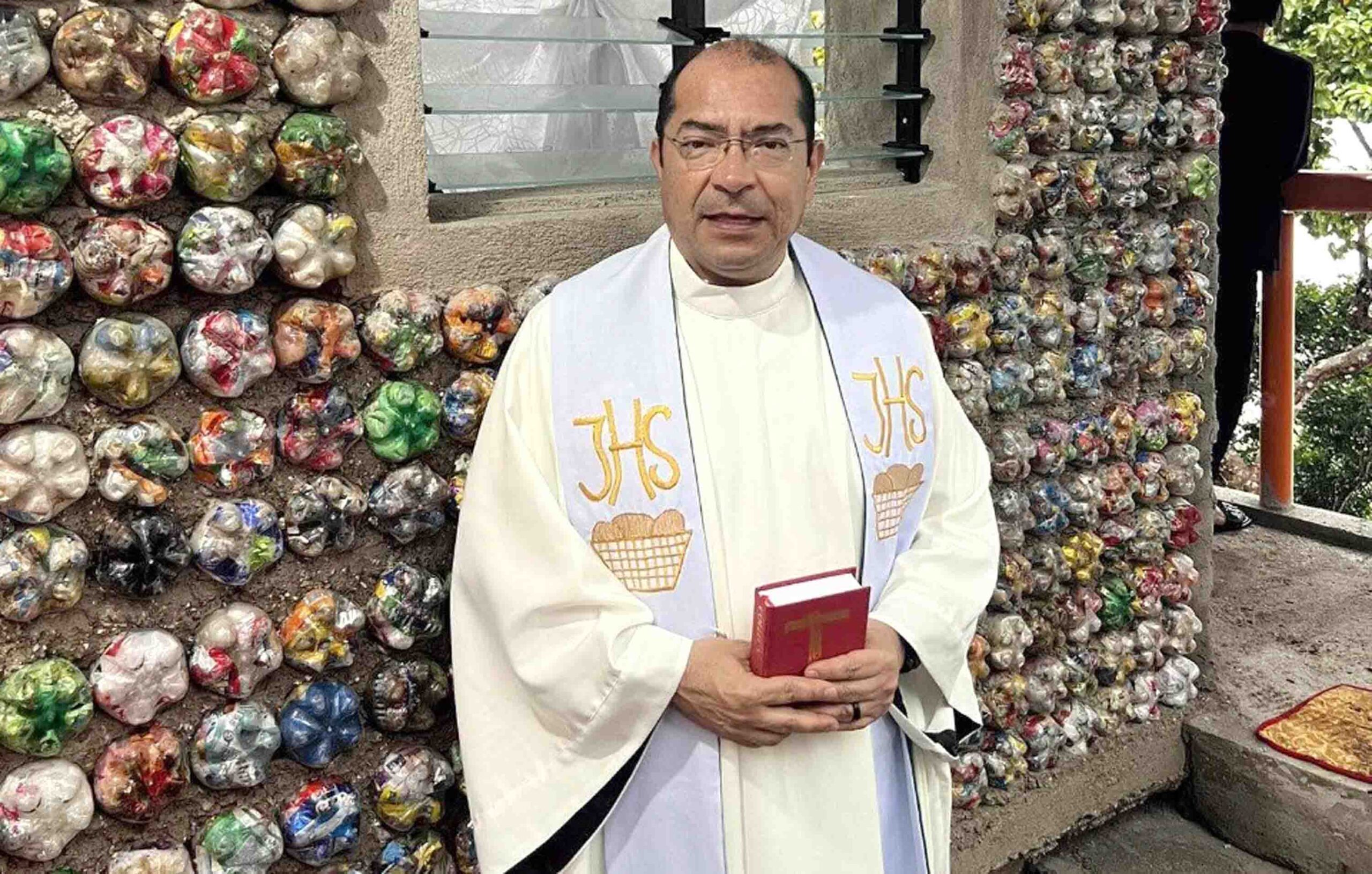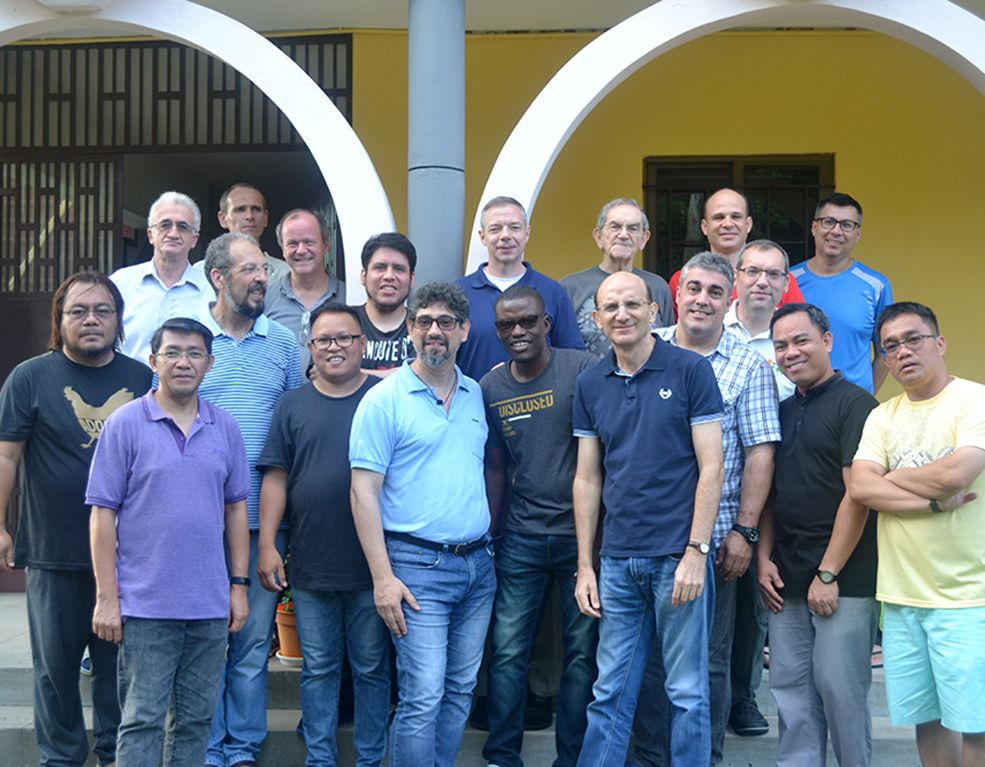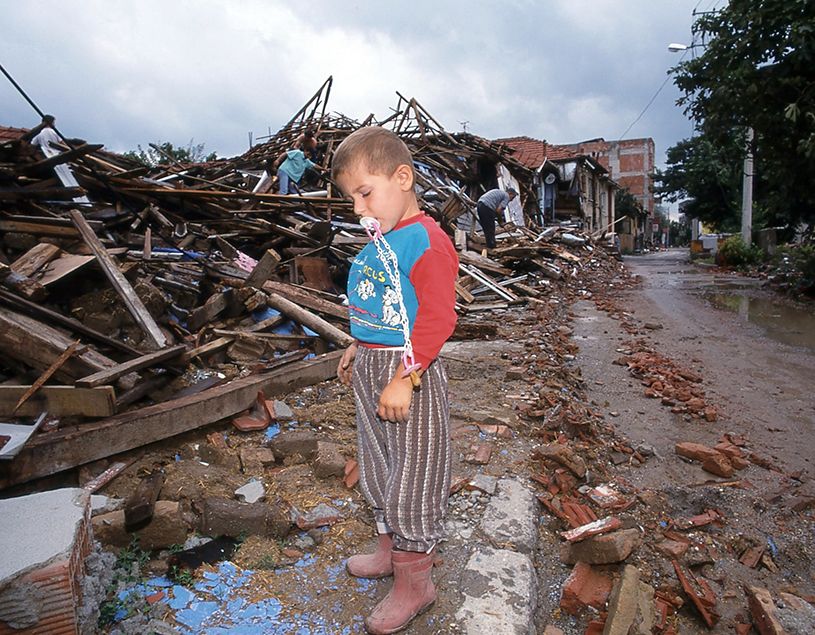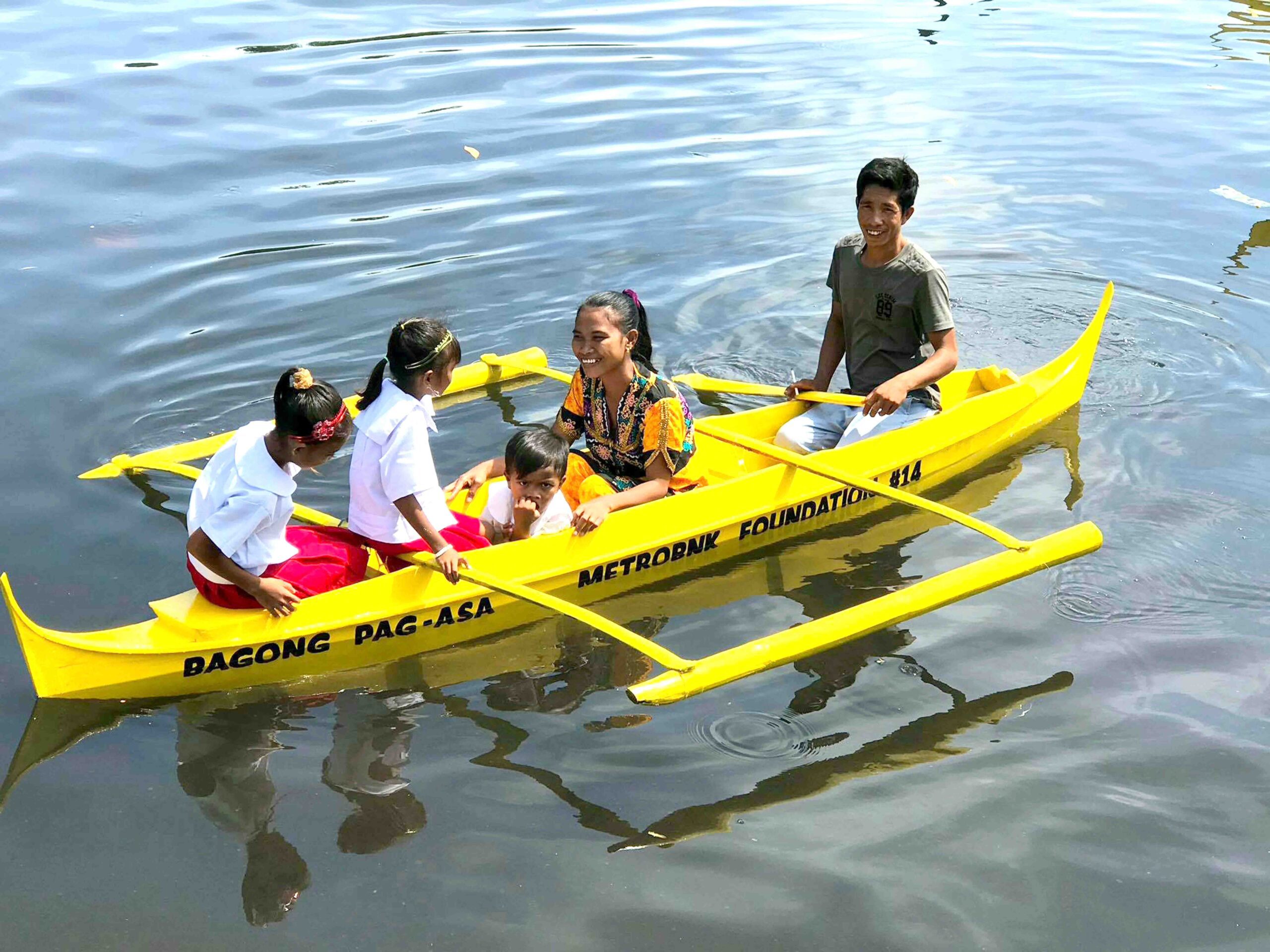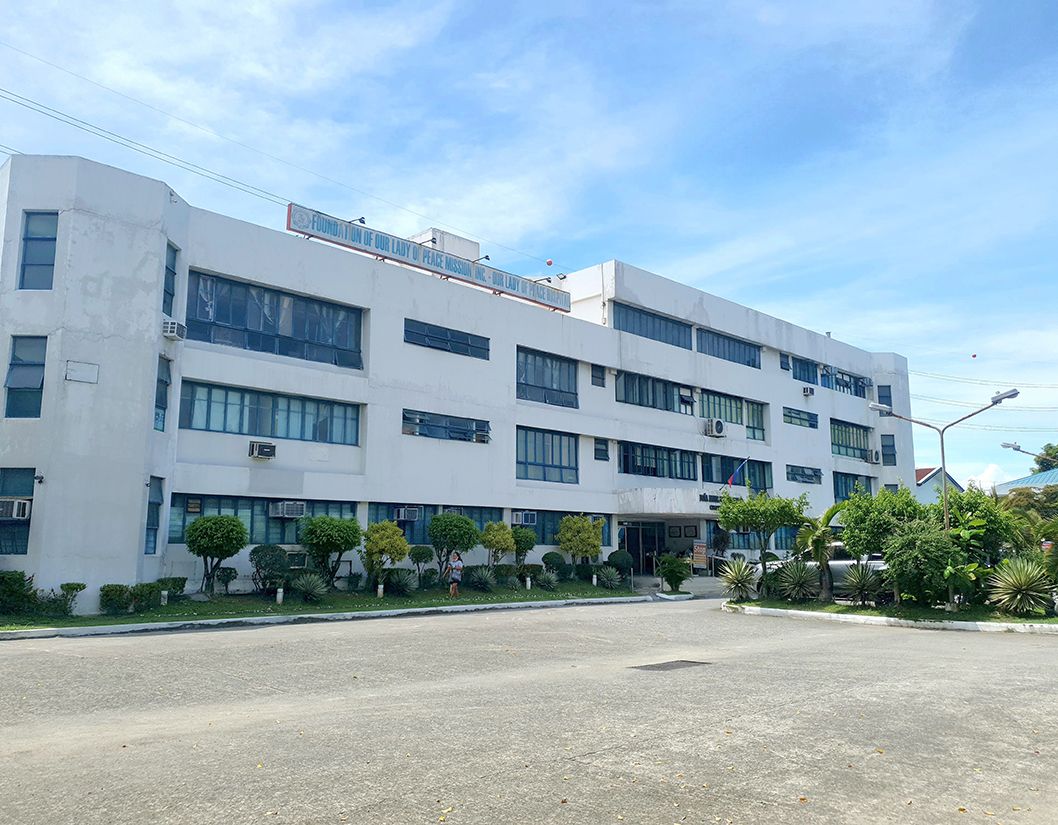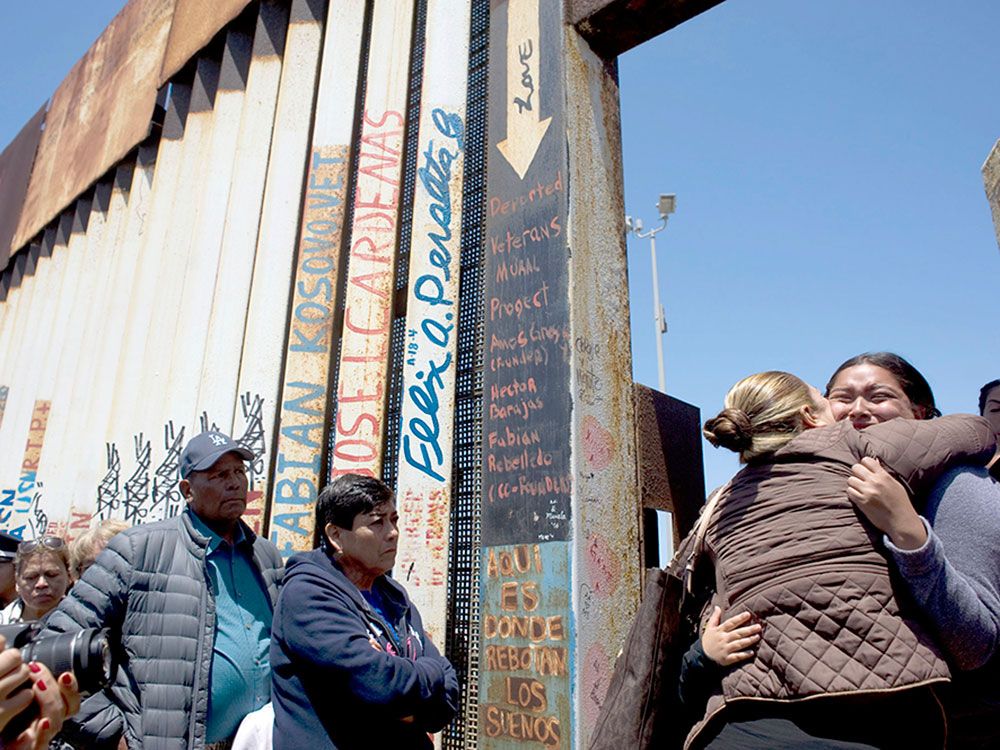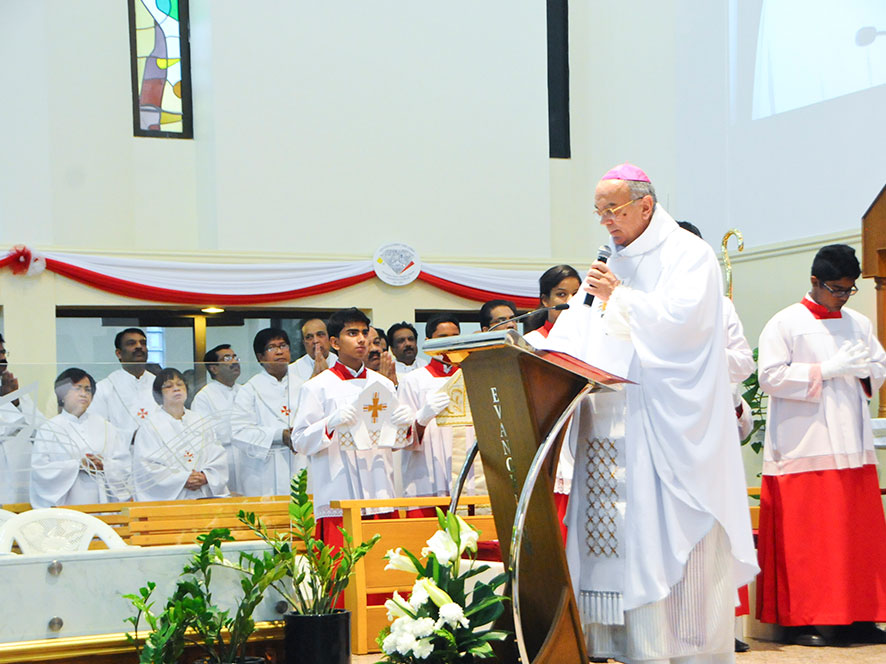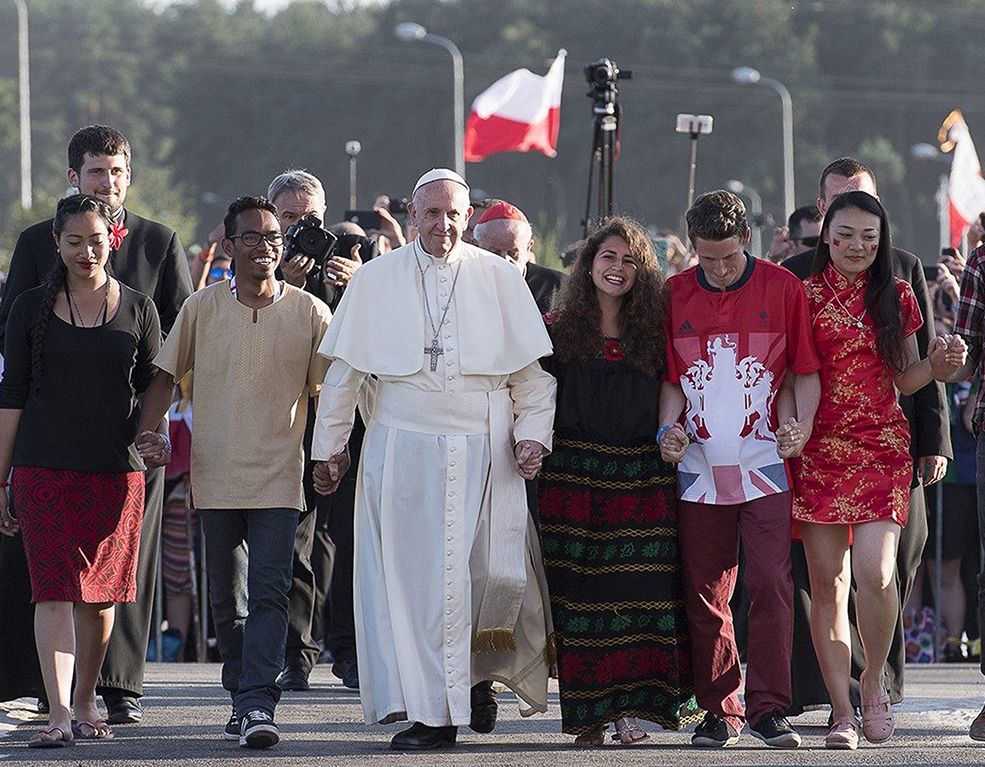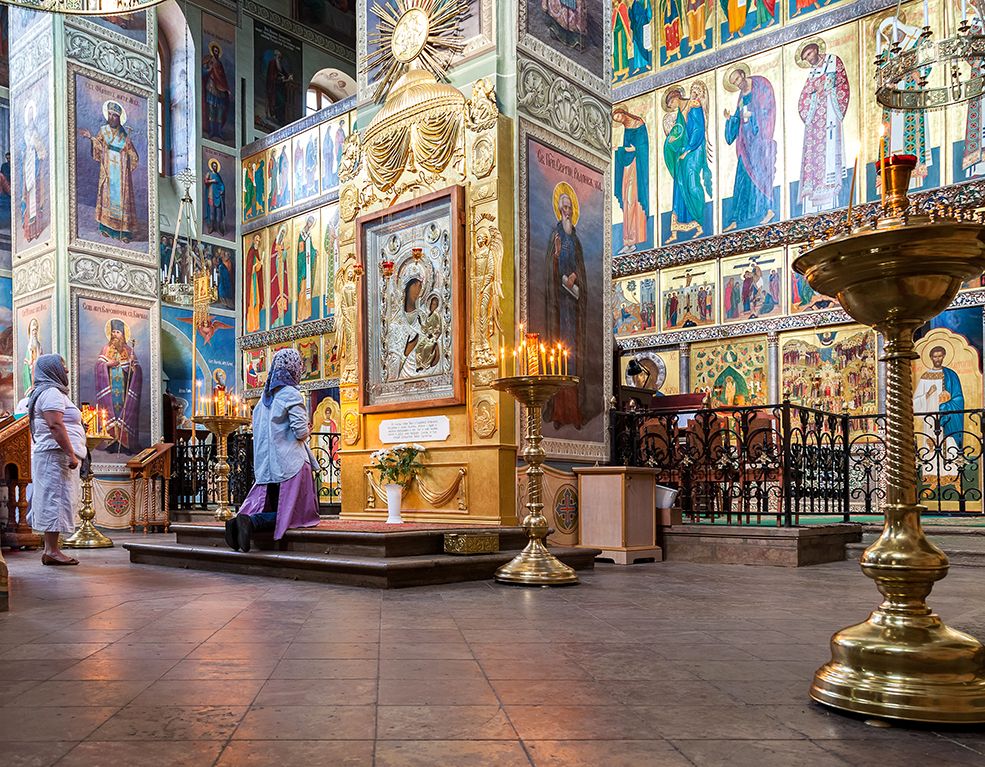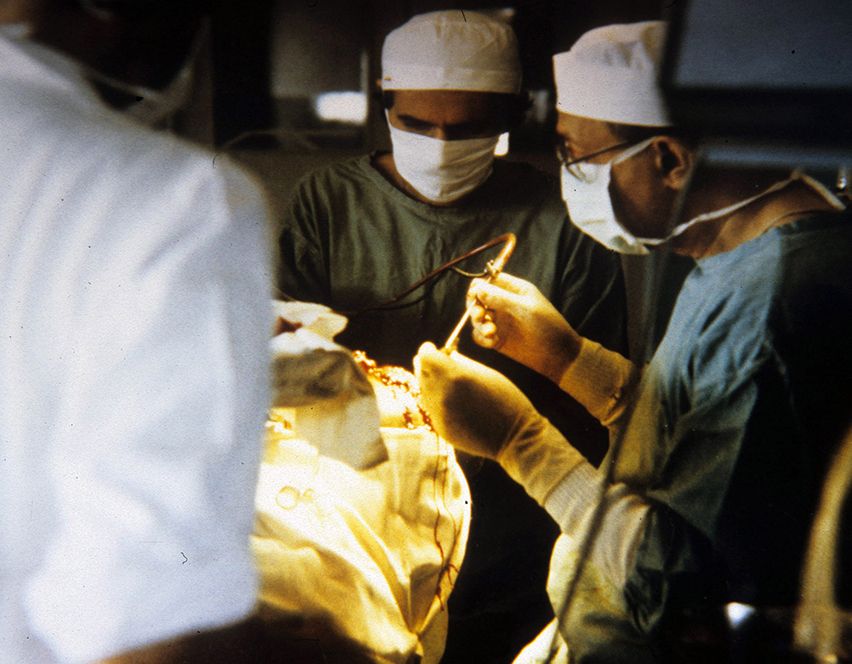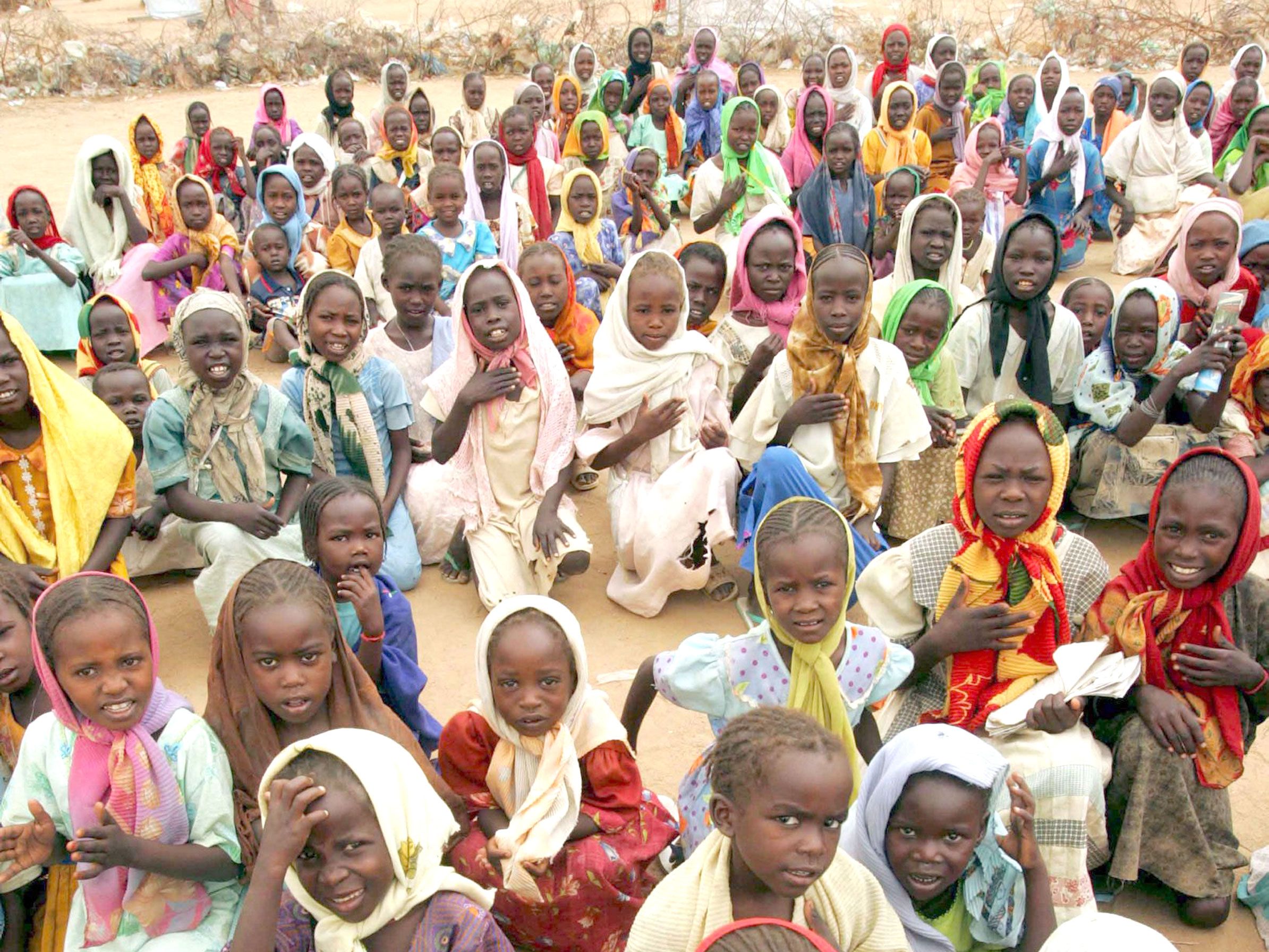Kids walking to school in slippers for half an hour or more gave Joel Uichico the charge to search places for bicycles he could take home for free. It was in 2010 when the idea of providing economically challenged students with a means of transportation came to mind.
Uichico, a businessman, started discussing his plan with a few friends he was confident would support his advocacy to motivate learning among students, especially those from struggling families.
So, he contacted Jo Floro-Grant, a cousin based in the United States, to look for bike donations there. Grant, in turn, got in touch with several organizations in the US, eventually establishing a partnership with Bikes for the World in Virginia. Joel Esguerra, a Filipino architect based in the US working at Gensler, backed the work on securing bike donations. Gensler, a global architecture firm, supported the drive.
BIKES FOR STUDENTS
In 2013, Uichico set foot in Bohol, an island province more than 600 kilometers by water southeast of Manila known for its Chocolate Hills. Hauling bikes from Manila would not be plain sailing for a small group of individuals who had to dip into their pockets to move hundreds of bikes across the sea. “It’s purely an advocacy,” Uichico said. “We are only a small group that seeks to make a difference in the lives of less fortunate students.”
They initially turned over 300 bicycles for students of the state-owned Baclayon National High School, a coastal town in Bohol. However, their Bohol trip did not end with bike-giving only. Known as Bike for the Philippines, the group taught the recipients about proper bike use, maintenance, traffic rules, and road safety.
The student could only ride the bike after completing the basic course offered by the group. The bike remains on loan only to the student until he graduates. Using the bike for purposes other than attending classes is a ground for revocation of the privilege, and letting others use the bike is another ground.
“The student cannot use the bike other than going to school,” Uichico said. “During the school break, especially summer vacation, the bikes are stored in a warehouse in the school.” The bikes would be used again when the classes have reopened.
But there’s an exception to the rule. One recipient worked in a banana plantation. He used his bike to go to the plantation to do some work early in the morning before going to school. His work at the plantation helped his family make a living during the pandemic. After graduating from school, the student would officially become the rightful owner of the bike. The student could even sell the bike after graduating from high school if he wanted to, he noted.
500 BIKES DONATED
Their bike-giving program in Bohol has resulted in more than 500 bikes donated in four years. Some 120 bikes went to students of Pagnituan National High School, also a state-owned school, and 100 bikes to Alternative Learning System students in Baclayon town.
Any student who walks at least three kilometers from home to school can qualify for the bike-giving program. The group also encourages the recipients to perform well academically. They donate bikes to motivate students, especially the less fortunate ones.
Since they view out-of-school youth as one of society’s concerns, the group’s advocacy also aims to help curb the drop-out rate in the country. Kids in the streets are prone to drugs and the pressure to commit crimes to support their addiction is strong.
So, Bikes for the Philippines collaborated with the Department of Education during the stint of Armin Luistro, a Lasallian brother, as its Secretary. Uichico is an alumnus of De La Salle University, which is run by Lasallian brothers.
This partnership paved the way for the group to reach out to more students in different schools across the country, which is an archipelago. The group has partnered with schools in Pampanga, Pangasinan, Rizal, Batangas, and parts of Mindanao–the second-largest island in the Philippines.
The program is a continuing one. Every academic year, the group donates bikes to schools for their freshmen. Uichico noted that they don’t give the same bike to everyone; the bike donated is according to the recipient’s height.
“We just don’t give out bikes,” the group said. “We want it to fit the person riding them sustainably. What we mean is, we match the bikes with their body measurements.” The group’s bike recipients in high school have already graduated from college. Some are now degree holders in Pharmacy, Elementary Education, Fine Arts, Technology and Livelihood Education, and many more. Their partnership with the Department drew to a close when Luistro stepped down in 2016.
BIKES FOR TEACHERS
Aside from students, Bikes for the Philippines has also given bikes to teachers, especially during the pandemic. In October 2021, they shipped bikes for teachers at Teresita C. Young Memorial High School in Masbate, an island province in the Bicol Region. The group prioritized giving bikes to teachers because they needed to see the situation of students who were studying from home due to state restrictions enforced to curb COVID-19 infections.
Bikes for the Philippines said teachers visited students in their households and would distribute learning modules. The teachers also assisted the students in their studies from home and monitored their progress. According to the group, each teacher had around 40 students studying from home during the pandemic.
Since public transportation was limited during the pandemic, bikes gave teachers a means of getting in touch with students and their parents personally. Bikes for the Philippines has also donated bikes to students of St. Mark Coptic Orthodox Foundation, which helps abused young girls rebuild their lives.
After the pandemic, Bikes for the Philippines donated bikes to the students of Dr. Emilio Osmeña Integrated School in Cebu in collaboration with Bikes for the World and Aboitiz Foundation.
Seventeen bikes, 17 helmets, and jerseys were shipped. Bikes for the Philippines collaborated with Aboitiz Foundation, Visayan Electric Company, LBC, RD Cycles, and individuals for this group’s first bike-giving after the pandemic.
On its social media page, Bikes for the Philippines says it will source bikes for less fortunate students with or without a pandemic.
BIKES FOR WORKERS
Bikes for the Philippines views workers as part of educating the young since they work day and night to send their children to school. In December 2020, the group dispatched mountain bikes, helmets, and T-shirts to farmers in Coron, an island town renowned worldwide for ecotourism. The recipients regarded the bikes as an early Christmas presence. The mountain bike was fitting for a farmer since it was engineered to drive in a farm environment.
In November 2020, the group also gave a new bike and a helmet to a father who had been peddling smoked fish on his old bike. He has used the old bike for about 10 years now. He peddles smoked fish to send his children to school. At times, he could not go out to sell when his old bike broke.
The father happily accepted the bike but told the group that, at the moment, he was giving it to his child, who reported to work during the pandemic. Bikes for the Philippines rolled out the Bike Swap Program in October 2021. The program sought to ensure the safety of workers by replacing their old bikes with new ones.
“The program was conceptualized not only for the safety of the workers but also for the safety of other people on the streets,” Uichico said. Old bikes could get broken while in use and could cause road accidents, he noted.
Bikes for the Philippines saw the advantage of the bicycle as a faster, safer, and cheaper means of transportation during the pandemic, especially when state restrictions on the mobility of the public were still tightly enforced. The new bikes came with new helmets and jerseys.
Uichico said the Bike Swap Program recipients include construction workers, security guards, frontliners, and essential workers in Bonifacio Global City, Muntinlupa, Commonwealth Avenue, and Batangas.
The swapped old bikes were converted to bicycle racks. The bicycle racks would be donated to establishments that wanted to provide employees and customers with bike racks for parking their vehicles. The bike racks would also be donated to schools and other organizations.
Bikes for the Philippines could also give away the parts of swapped old bikes that are still in good condition, such as tires, chains, and cables. Uichico and Bikes for the Philippines are grateful to the organizations and individuals who supported their bike-giving advocacy in the past years.
They are keen on carrying on with the advocacy to help more young people achieve their dreams

